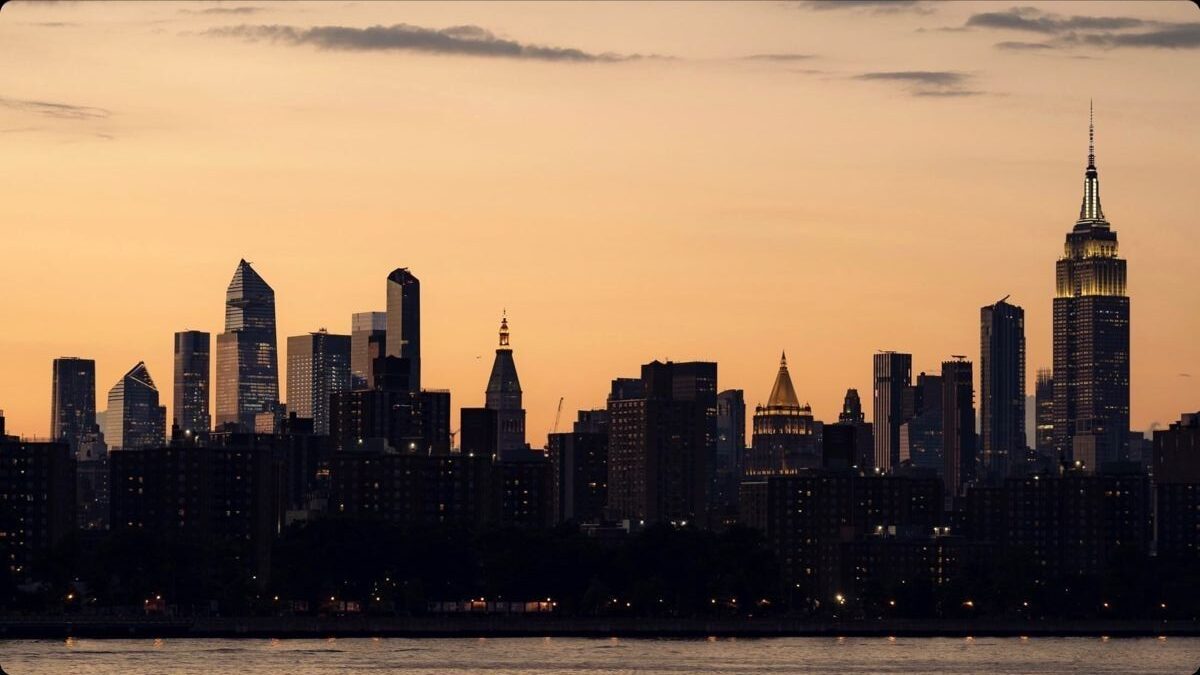Tuesday, 25th February 2025.
That was the date that Donald Trump started his fight against “Big Law”, some of the biggest and most profitable law firms on the globe. Signing executive action “Suspension of Security Clearances and Evaluation of Government Contracts”, he ordered the suspension of Peter Koski’s security clearance–a partner at Covington and Burling. Koski’s crime? He represented ex-special counsel Jack Smith, who brought two criminal cases against Trump which were closed after the election. From this point, Trump has got law firms in his crosshairs and the message is clear: get in line or get hit. But why? And what are law firms doing about it?
On March 6th, Trump set his eyes on Perkins Coie and again suspended security clearances for the firm via Executive Order 14230, citing “dishonest and dangerous activity”. Perkins Coie is known for working with Trump’s main opposition, the Democratic Party, having hired research firm Fusion GPS to look into Trump’s business career which led to the “Steele Dossier”. For those who don’t know, the Steele Dossier was a controversial political research report released shortly before Trump’s inauguration, which perpetuated strong allegations of Trump having ties to Russia. So, again, Trump is attacking those who helped his political opponents. The pattern is clear; Paul Weiss, Jenner & Block and Wilmerhale all suffered similar fates for similar reasons. Trump has started an attack on the law itself in this politically motivated move, and the American Bar Association (ABA) has said they “reject efforts to undermine the courts and the profession”. But who will win?
Many legal giants have stood down in the light of Trump’s actions. Paul Weiss, whose London office in 2024 had the second highest profit per equity partner of firms in the UK, was one of them. On March 20th, less than a week after Trump signed his order against them, Paul Weiss made a deal with the President–a $40,000,000 pro bono promise to support White House initiatives (around £31,000,000). They also conceded their own hiring practices, agreeing to “not adopt, use, or pursue any DEI policies”. Milbank, Skadden and Willkie Farr similarly bowed to Trump, each agreeing to provide at least $100,000,000 in pro bono services to causes that both Trump and the firms supposedly support. It must be noted that, at the time of writing this is worth around £77,000,000, but this figure is likely subject to change given Trump’s ongoing economic action. Nonetheless, scrutiny has followed for these firms, with Senator Bernie Sanders describing this behaviour as “absolute cowardice”. But as spineless as it might be, ultimately time will tell whether this was the right decision.
Some firms however have chosen to fight back. Lawyers representing Perkins Coie filed a lawsuit against the Trump Administration on March 11th, alongside a request for a temporary restraining order to stop enforcement of the Executive Order. On March 12th, they were granted this, and moved to permanently block the order on April 2nd. But soon they were not fighting alone, as by April 4th over 500 firms moved to file an amicus brief in support of their lawsuit. An amicus curiae brief, or “friend of the court brief”, is a legal document submitted by a third party to a court to provide the court with additional information/arguments that may not be presented by the parties who are involved. Here, law firms warn of a “looming threat” posed by the Executive Order issued to Perkins Coie, but many big firms are still missing from the list of those who are in support. Kirkland and Ellis, Latham and Watkins and DLA Piper, the global top three largest law firms by revenue, were not on the list among many others. Only eight of the top 100 firms by revenue in the US are on the list, and none of the top 25. As of writing, Magic Circle Freshfields are the only “global elite” firm to back the legal challenge, and it is unlikely that more will follow.
With the largest law firms bowing down or sitting on the fence, it feels as though the fate for law firms has been sealed. I can only think of the precedent this could set. If Trump was to conquer law firms, we have to ask: Who is next? Will everyone connected to his opponents be punished?
As the victor of this war hangs in the balance, law firms need a hero.
Who will step up?



